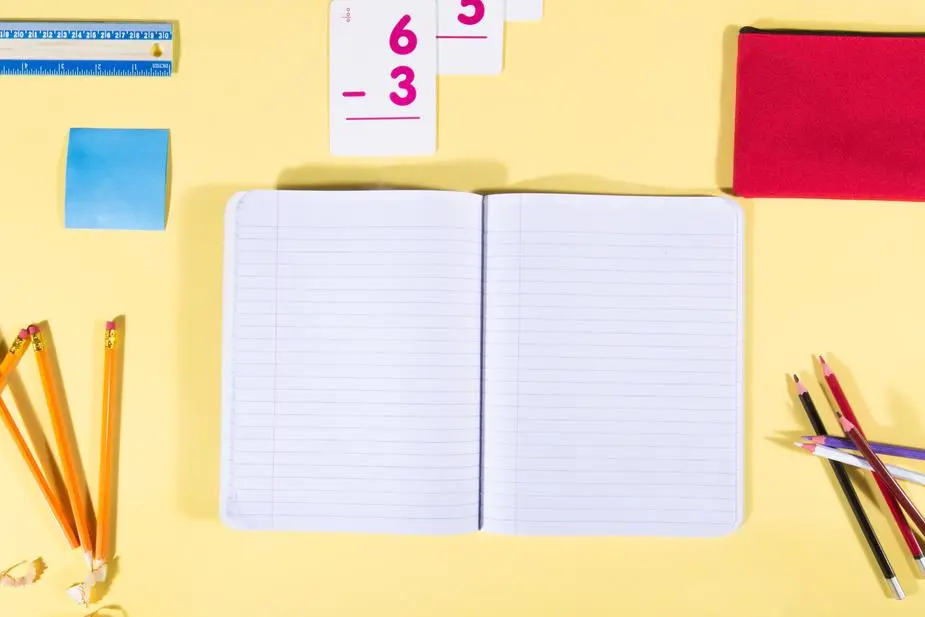What is the Purpose of University Interviews in the UK?
The purpose of the interview is to assess whether the candidate (you!) can think on their feet, adapt to feedback, respond to the precise questions asked, and lead the conversation in an appropriate direction. All these formulations are variations on the same theme: you should demonstrate that you can engage in an intellectual discussion on the topic given to you by the tutors. The key is to resist the temptation to fall back on pre-prepared talking points or to try and change the topic to something you would rather talk about. Flexibility, attentiveness, and responsiveness are highly rewarded.
Usually, tutors place little emphasis on the personal statement and other application elements which you would have submitted prior to your interview: you get a blank slate! You should not expect many questions about your previous experiences or personality; the tutors learned enough about these prior to inviting you to speak with them.
The Overarching Point to Keep in Mind
The tutors invited you to interview because based on your application file, they thought that you show academic promise and have the potential to be a good student to work with. You do not have to be perfect, or even close to perfect. No one expects you to know the precise answers to the questions you will be asked or to be the smartest person on record—your predicted grades and references already show that you probably have enough academic aptitude to study at the institution where you interview. So, the most important thing is to demonstrate that you are the type of person that the tutors would have a good time working with; that is, someone intellectually curious who enjoys discussing their subject!
Therefore, the interview will most likely be based on previously unseen materials, which you might receive shortly before entering the interview, e.g., 15–30 minutes before. You’ll have sufficient time to familiarize yourself with them: to read everything thoroughly, possibly multiple times, and to make brief notes if needed.
What Kind of Questions Should You Expect?
At the outset, you will likely be asked a couple of short warm-up questions. A top tip is to have a ready and safe answer to most questions about the activities or books you have mentioned in your statement. A tutor might ask you what you found most interesting about a book, or what was the most rewarding or engaging debate you have participated in. Have something at the ready, because your answer might be a springboard for more serious discussion later on; you can make your life easier by ‘covering your bases’ and thinking about which directions you would be most comfortable going in when elaborating on what you wrote in your personal statement. There are no wrong answers—the point is not to quiz you on your previous experience, but to start an intellectual conversation.
Aside from that, the conversation might be based on the materials given to you before the interview itself. For humanities subjects, tutors will ask questions about the content of what you have read, but the focus will most often rest on your opinions, on how you would argue a specific viewpoint, whether you’d change your mind if presented with additional facts, and how you would adapt your position to counter arguments and questions. They might ask you to attempt to argue for the opposing side.
For science subjects, the exercise will likely differ in that, rather than being given something to read and discuss, you would most likely be presented with a problem to solve or a ‘practical’ exercise to tackle. Still, the aims and nature of the interview are, at the bottom of things, similar. You will be expected to see how you work through a problem, how you reason, adapt your reasoning to questions, and explain it effectively to the tutors. It matters just as much to give decent answers as it does to be able to explain how you reached your answer.
Can You Prepare?
Absolutely. To start with, however, it is important to note that interviews are not exams; do not stress about ‘revising’ what you have learned about your field so far. That is not to say that interviews will not build on your pre-existing knowledge—for example, you will have a hard time in a philosophy interview if you cannot articulate some position on common ethical issues and defend it, and a mathematics interview will be a tough experience for someone who doesn’t know their calculus. Rather, it is important to reassure yourself that if you have been selected for an interview, you probably have enough knowledge about your subject already.
The best thing to do is to look for subject-specific guidance on how the interview might be structured. Some institutions provide sample recordings of interviews to give you an idea of what you can expect. From there, depending on what you are applying for, you might ask your friends or family to practice answering similar questions to those which you have seen in the sample recordings. You can also practice articulating your positions on random issues or explaining how you arrive at your conclusions and results when you solve problems.
Tutoring can help, too. The best way to prepare for an interview is probably to have a mock interview. This has many benefits, such as getting you used to the novel and potentially stressful sensations of having to conduct a one-hour, one-on-one intellectual conversation with an expert in their subject. Each year, we at Lanterna work with many university applicants to help them combat the very common sensations of stress before university interviews and achieve their full potential.
General Tips
To end, some general advice: it’s helpful to be confident and to speak slowly and with conviction but also to not be afraid to show doubt or take your time to think when a question is puzzling or requires you to re-examine your thinking; don’t hesitate to ask for a question to be repeated, even multiple times. The tutors genuinely want your interview to go well and would be happy to help you. Even if you are feeling stuck, it is good to think aloud and explain why you’re reaching specific conclusions, what assumptions you’re making, or what precisely makes you feel stuck or unsure of your position
—this might allow you to progress further in your interview.
Good luck!



